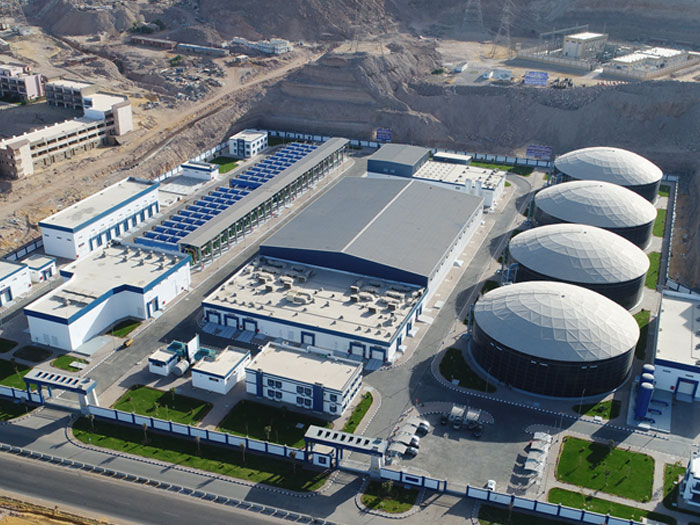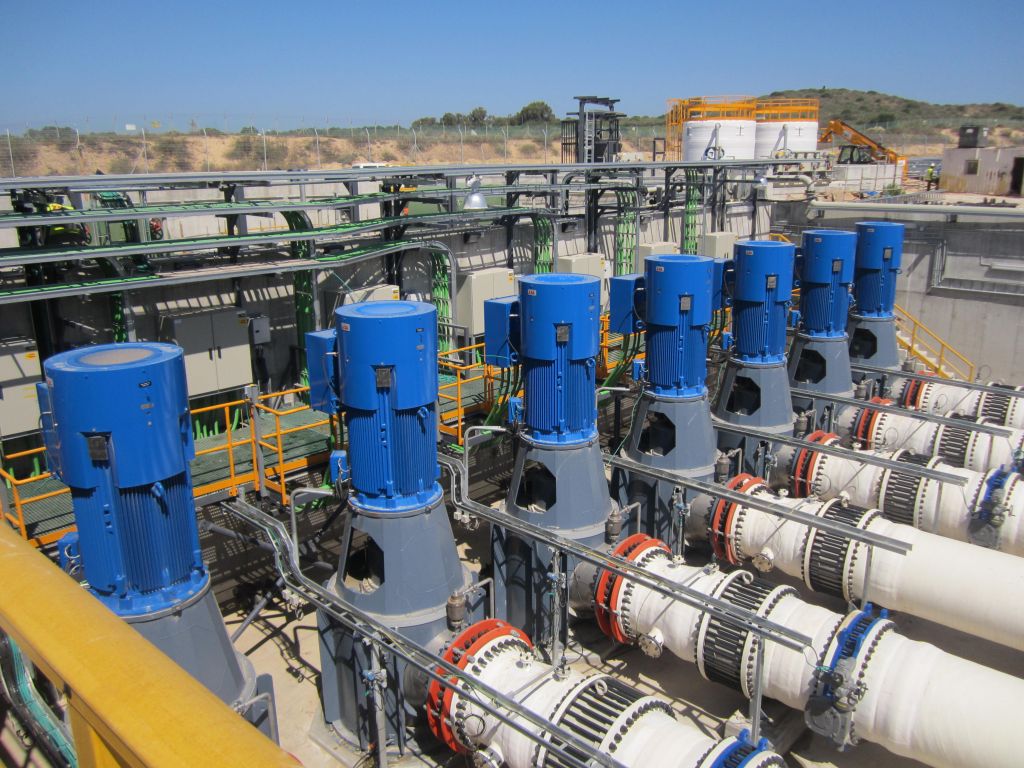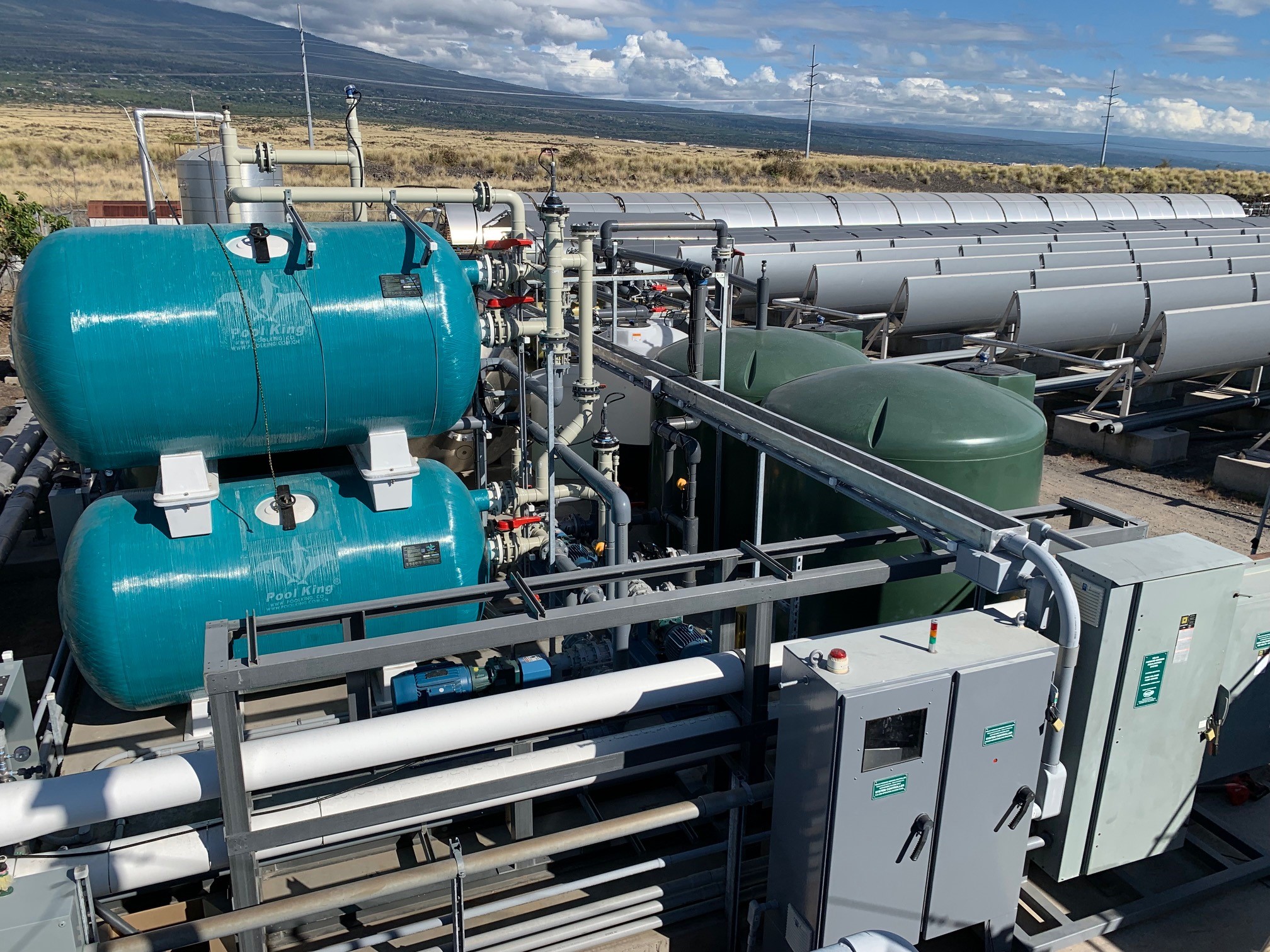Does reverse osmosis(RO) work on seawater?
Introduction: Sea water desalination technology continues to develop around the world and has become one of the important means to solve the global water shortage problem. As an important seawater desalination technology, reverse osmosis has been widely used in sea water desalination projects around the world. This article will delve into the effectiveness of reverse osmosis in seawater desalination and explain the characteristics, challenges and applications of this technology in combination with other related issues.
Does reverse osmosis(RO) work on seawater?
Reverse osmosis is a membrane technology widely used in the field of seawater desalination. Its basic principle is to utilize a semi-permeable membrane. When seawater passes through this membrane, most dissolved substances (such as salts, impurities and microorganisms) are effectively rejected, and only pure water penetrates to the other side. Through this process, seawater is converted into fresh water for human use.
Reverse osmosis technology is considered very effective in seawater desalination as it removes salt and other contaminants efficiently. The main advantage of this technology is that it can handle seawater of different salinities, from low to high salinity. This makes reverse osmosis widely used in seawater desalination projects in different regions.
The application of reverse osmosis in sea water desalination still faces some challenges. For example, it requires higher energy consumption, which may lead to increased operating costs. In addition, membrane maintenance and replacement also require corresponding costs. However, as technology continues to advance, these challenges are gradually being addressed.

What are the advantages and limitations of reverse osmosis sea water desalination?
Sea water desalination technology offers a number of advantages that make it a widely used freshwater production method:
1. Efficiently remove pollutants: Reverse osmosis technology can effectively remove salt, bacteria, viruses, heavy metals and other harmful substances in seawater, ensuring that the quality of fresh water meets drinking water standards.
2. Strong adaptability: The reverse osmosis system can be adjusted according to the salinity and other characteristics of seawater, and is suitable for seawater desalination projects of different types and regions.
3. Stable output: Under normal operation, the reverse osmosis system can stably produce fresh water to meet the water resources needs of different fields.

However, reverse osmosis seawater desalination technology also has some limitations:
1. High energy consumption: The reverse osmosis process requires higher pressure to push water through the membrane, which results in higher energy consumption.
2. Wastewater discharge: Reverse osmosis systems produce highly concentrated brine that must be properly treated to avoid negative impacts on the environment.
3. Maintenance costs: Reverse osmosis membranes require regular replacement and maintenance, which increases operating costs.
Despite these limitations, reverse osmosis seawater desalination technology is still one of the most mature and widely used seawater desalination methods.
What are the applications of reverse osmosis in sea water desalination?
The application of reverse osmosis technology in seawater desalination is extensive and diverse. The following are several main application areas:
1. Urban water supply: Many coastal cities rely on reverse osmosis seawater desalination plants to provide fresh water to meet residents' drinking and daily water needs.
2. Industrial water: Reverse osmosis technology is used for water treatment in industrial production to ensure the quality of production water and meet industrial standards.
3. Agricultural irrigation: Reverse osmosis sea water desalination can provide high-quality fresh water for agricultural irrigation, improving the yield and quality of crops.
4. Natural gas and oil production: Reverse osmosis technology plays an important role in the water treatment process in natural gas and oil production, ensuring the quality of water used in the production process.
5. Tourism: Some tourist attractions and resorts rely on reverse osmosis seawater desalination technology to provide fresh water and provide a comfortable environment for tourists.
The application of reverse osmosis sea water desalination technology is still expanding. As technology advances and costs decrease, this technology will play an important role in more fields.

Summarize
Reverse osmosis technology is widely and effectively used in seawater desalination. Despite facing some challenges, it has promising applications in different fields. By continuously improving technology and optimizing operation methods, reverse osmosis sea water desalination will continue to play an important role in global water supply and provide important support for solving global water shortage issues.




